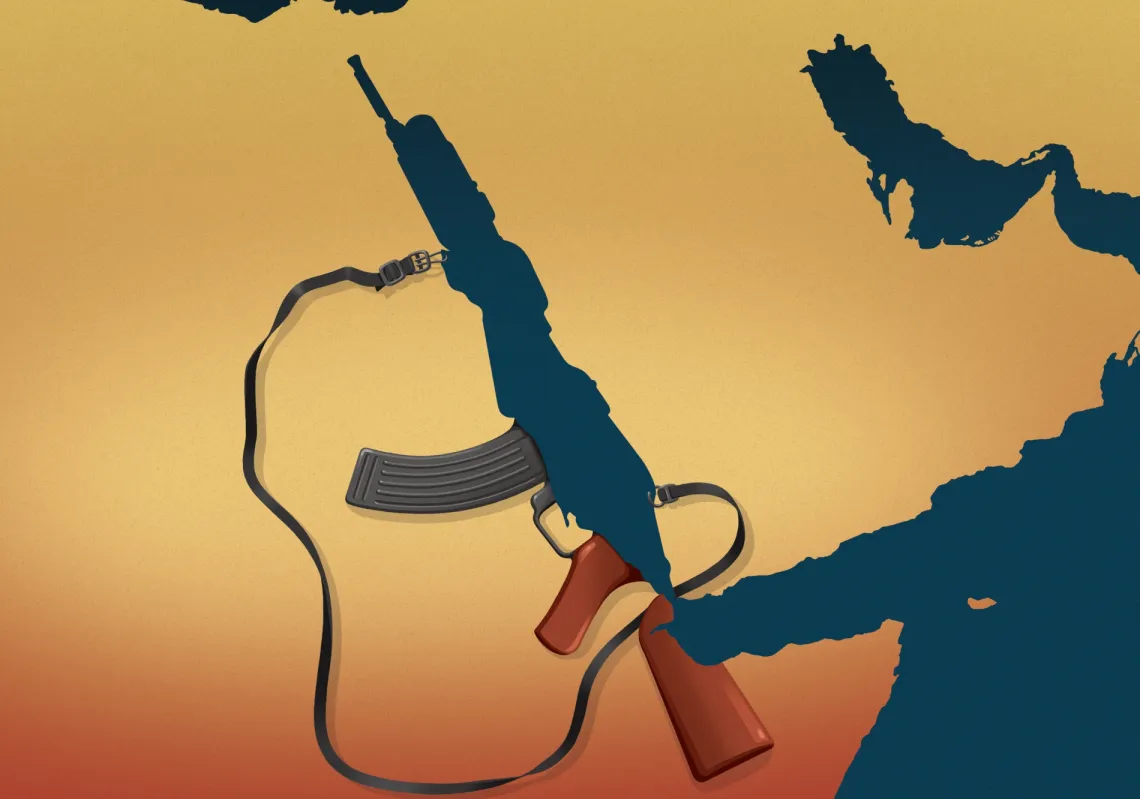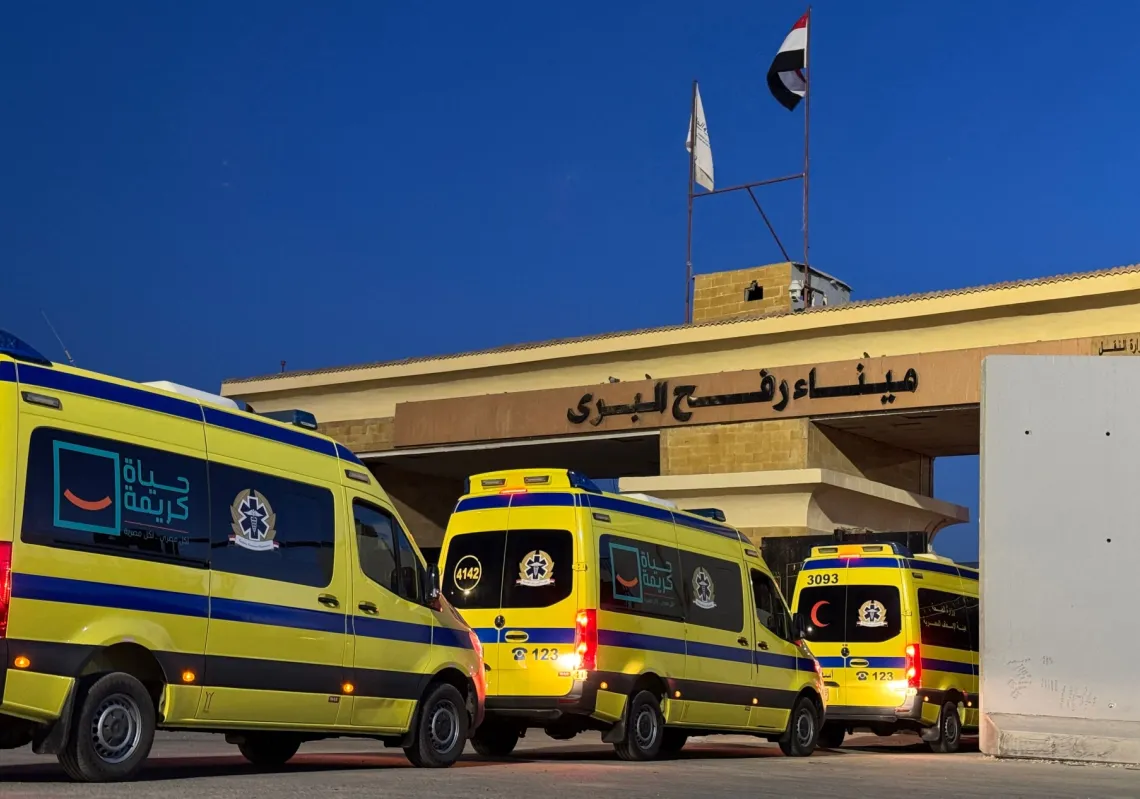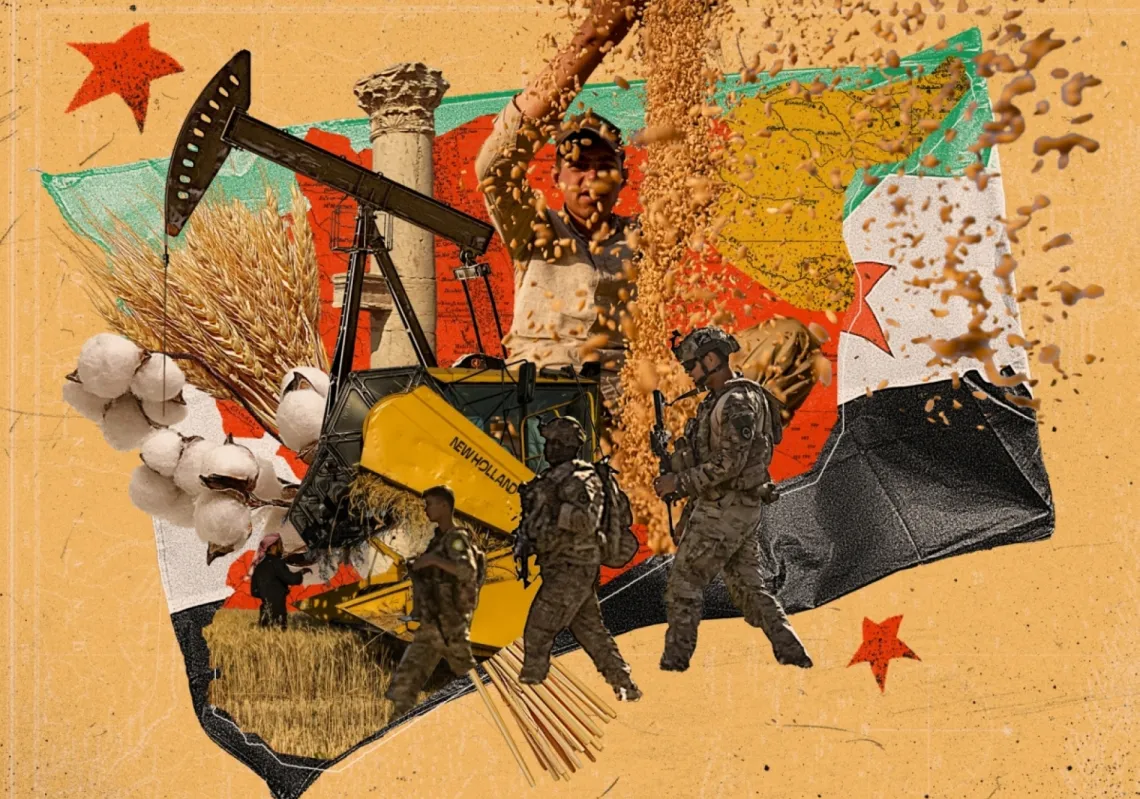As sexual harassment rates rise in the Middle East, governments, civil society organizations and social entrepreneurs have started to develop apps aimed at combating the crime, offering psychological and legal support to survivors and holding harassers accountable.
In 2017, when the #MeToo movement took the world by storm, most Middle Eastern societies remained largely quiet despite solid advocacy for women's rights.
However, the apps were launched in the wake of a #MeToo movement that resurged into prominence in the region late last year, especially in Egypt and Tunisia.
However, the resurgence of the online wave highlights that women are becoming more courageous in speaking up against sexual harassment and are pushing for real change in an ultraconservative region.
In Egypt, for instance, a couple launched a mobile application in December 2020 offering advanced features to help combat all kinds of sexual harassment whether verbal, physical or online.
Dina Essa and Amr Khairy, a Dubai-based couple in their thirties started working on the DARE app in July. They launched it on the Google and Apple app stores in December for women to report any sexual harassment incidents.
"With the increased prevalence of sexual harassment, it is difficult to report every incident that happens especially in our busy lives. And when it is reported, it will not completely deter the harasser from doing it again because they haven't been exposed on a large scale," Essa told Majalla.
"The technology is the fastest, easiest, most powerful, and most durable of other long and complex methods and we believe it is effective in deterring harassers," she said.
The app allows any female facing an accident to take a photo or record a video of the harasser and post it to the app. The app then automatically sorts posts and displays the most viewed posts.
Each post will automatically determine the location of the incident. Users will be able to view the post, comment on it and share it on other social media platforms when needed.
Two other Egyptian entrepreneurs launched a startup called "Matkhafeesh (Don't Be Afraid)" which helps survivors connect with psychologists while providing women with legal and social support.
Salma Medhat and Ahmed Rayhan, two engineering graduates from the German University in Cairo, launched the app in November last year when more and more women began to speak up against sexual harassment on social media following the arrest of a former student on charges of sexually assaulting hundreds of girls.
"The app relies on data provided by victims related to the location of the incident and the type of harassment they were exposed to. All of this is confidential," Medhat said.
The app also includes a harassment map in which survivors locate the area of the incident, whether verbal or physical. Verbal harassment is marked in yellow while physical harassment is marked in red.
"There is also free or low-cost legal support provided by a team of lawyers with experience in dealing with women's issues," Medhat said.
The app provides another service called "Help Circle" which gives users the ability to create a "danger circle" that allows four trusted friends or relatives to track their location if they have been exposed to harassment and provide appropriate support.
A 2017 Thomson Reuters Foundation poll found Cairo to be the most dangerous megacity for women, and a United Nations' survey in 2013 found that 99% of women had experienced harassment in Egypt, a country where women have long felt disadvantaged.
Egypt passed a law in August giving victims the automatic right to anonymity in a bid to encourage more women to report sexual assault in the Muslim-majority nation.
APP FOR TUNISIA, MOROCCO
On January 15, the Center of Arab Women for Training and Research (CAWTAR) announced the launch of an app designed to protect women in Tunisia and Morocco against sexual harassment and violence.
Etidal al-Majbari, director of the center's information and communications department, says that the SafeNess app enables a woman to choose a list of up to five trusted people who can track her location until she arrives to a place of safety, and to intervene if necessary.
The intervention occurs when the user presses the SOS button that alerts the people on the list in the event of imminent danger, without the need for direct contact. Upon receiving the warning, the trusted people can help or contact the police if necessary.
Al-Majbri said that the app aims to make public spaces a safer environment for women and girls and achieve mobility for women without risks. The SafeNess app can be downloaded through the Google or Apple app stores.
Since 2004, sexual harassment has been punishable in Tunisia with a year imprisonment and a 3000 Dinar fine under Article 226 of Tunisia's Penal Code.
PALESTINIANS, TOO
SAWA, a Palestinian non-profit organization that provides support and advocacy for women's issues, also launched an app that offers assistance and support for women who are subjected to harassment or abuse, whether verbal or physical, in public places or at work.
The app provides free services, the first of its kind in the Palestinian territories, and was launched as part of the 16-day campaign that began on November 20, 2020, the International Day for the Elimination of Violence against Women.
According to the foundation's website, the app will identify public places where sexual harassment took place, such as parks, markets and roads. "This will make it easier for women to know the places or roads where sexual harassment occurs as well as provide information to the security authorities," it said.
The app also provides a feature through which women can arrange a session with a private doctor remotely and get free medical advice after being sexually harassed.
HEIGHTENED MOMENTUM
Randa Fakhr El Deen, executive director of the NGO Union on Harmful Practices against Women and Children in Egypt, said that technology is critical in combating the growing social problem. But she also said that linking these apps with security authorities is just as instrumental.
"Legal action is crucial when dealing with sexual harassment cases. It is the most effective tool in eliminating the phenomenon," she told Majalla.
"These apps should form partnerships with governments to ensure that sexual harassers are held accountable and to create a safer environment for women, at work, schools, universities and on the streets," she said.








